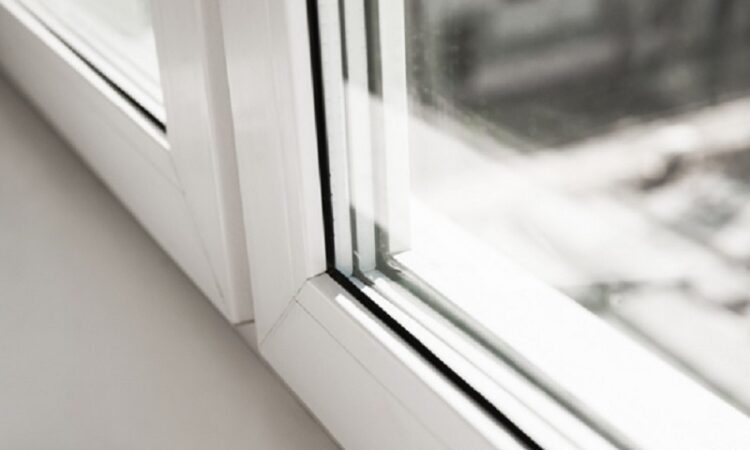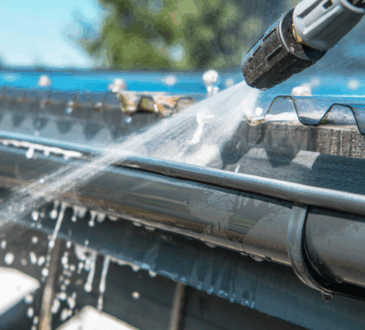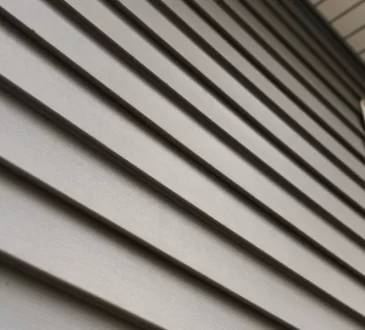
In the dynamic landscape of sustainability, Wellington has emerged as a city committed to embracing environmentally friendly solutions. As we delve into the realm of eco-innovation, it becomes crucial to shed light on the often misunderstood material known as PVC. This blog aims to explore the eco-friendly benefits of PVC in Wellington and its significant role in Wellington’s green initiatives.
Understanding PVC
PVC, or polyvinyl chloride, is a versatile synthetic material widely used in various industries. Unfortunately, it has faced criticism due to misconceptions surrounding its sustainability. It is important to clarify that PVC itself is not inherently harmful to the environment. The key lies in responsible PVC usage and manufacturing practices. By dispelling myths and addressing concerns, we can better appreciate the true potential of PVC as an eco-friendly material.
Eco-Friendly Aspects of PVC
One of the notable eco-friendly aspects of PVC is its durability and longevity. PVC products have a long lifespan, reducing the need for frequent replacements and minimizing waste generation. Additionally, PVC’s inherent insulation properties contribute to energy efficiency in buildings, reducing heating and cooling requirements.
Recyclability and reusability are vital components of a circular economy, and PVC exhibits promise in this area. Properly managed PVC waste can be recycled and transformed into new products, promoting resource conservation and reducing the demand for virgin materials. Furthermore, the low maintenance requirements of PVC contribute to its eco-friendliness, saving water and energy during its lifespan.
PVC Applications in Wellington
Wellington’s commitment to sustainable development is reflected in the extensive use of PVC in various sectors.
- Sustainable Construction: PVC is widely employed in eco-friendly building materials such as pipes, roofing membranes, and window frames. Its excellent durability and insulation properties make it a preferred choice for green buildings.
- Waster Management Systems: PVC also plays a crucial role in water management systems, where it is used in stormwater management infrastructure. Its corrosion resistance and flexibility make it ideal for ensuring efficient water flow and reducing the risk of water pollution in Wellington’s urban environment.
- Renewal Energy Infrastructure: PVC contributes to renewable energy infrastructure in the city. It is employed in the manufacturing of solar panels, wind turbine blades, and electrical insulation materials, supporting Wellington’s green energy projects and the transition to a low-carbon future.
- Transportation and Infrastructure: Transportation and infrastructure also benefit from PVC’s eco-friendly characteristics. PVC is used in sustainable transportation solutions, such as electric vehicle components, reducing the carbon footprint of Wellington’s transportation system.
- Water Supply And Waste Management: PVC pipes are utilized in the city’s infrastructure for water supply and sewage systems, ensuring efficient resource management.
Environmental Considerations
While PVC offers significant eco-friendly benefits, responsible disposal and waste management practices are essential. Proper recycling and disposal of PVC waste prevent it from ending up in landfills or polluting the environment. By promoting PVC recycling programs and encouraging responsible consumer behaviour, Wellington can maximize the environmental benefits of PVC.
Addressing concerns related to chemical additives in PVC is also crucial. Through stringent regulations and improved manufacturing processes, the industry has made significant progress in reducing or eliminating hazardous additives. Wellington’s commitment to sustainability should involve supporting initiatives that prioritize the use of safe and environmentally friendly additives in PVC products.
Future Innovations: Advancements in PVC Sustainability
- Bio-based PVC: Discover the exciting developments in PVC production, where bio-based materials are being used as alternatives to fossil fuel-based components, reducing carbon emissions and dependency on non-renewable resources.
- Recycled PVC: Explore the innovative techniques being employed to recycle PVC waste and transform it into high-quality recycled materials. These advancements not only reduce waste and conserve resources but also contribute to the circular economy.
- Green Manufacturing Processes: Uncover the advancements in PVC manufacturing processes that prioritize energy efficiency, waste reduction, and the use of eco-friendly additives. Explore how these processes contribute to reducing the environmental impact of PVC production.
Conclusion
In conclusion, PVC in Wellington holds immense potential as an eco-friendly material in a sustainable journey. By understanding the true nature of PVC, dispelling myths, and adopting responsible manufacturing and usage practices, the city can harness the environmental benefits offered by this versatile material. As Wellington continues its pursuit of green innovations, embracing responsible PVC usage can be a key driver in achieving a more sustainable and resilient future for the city and its residents.




